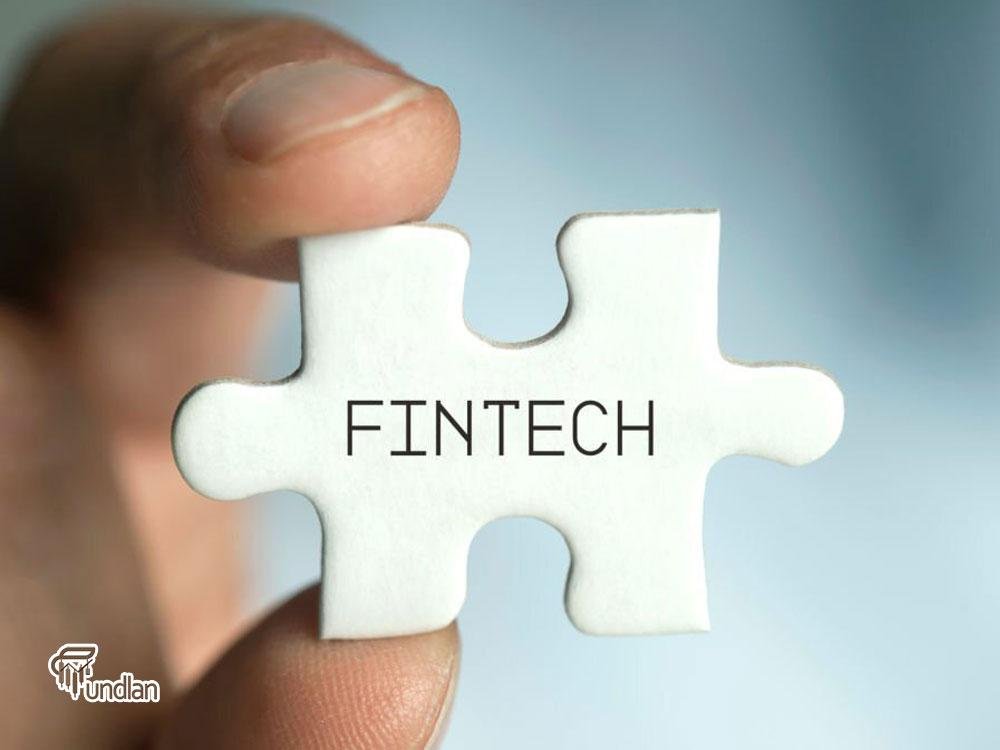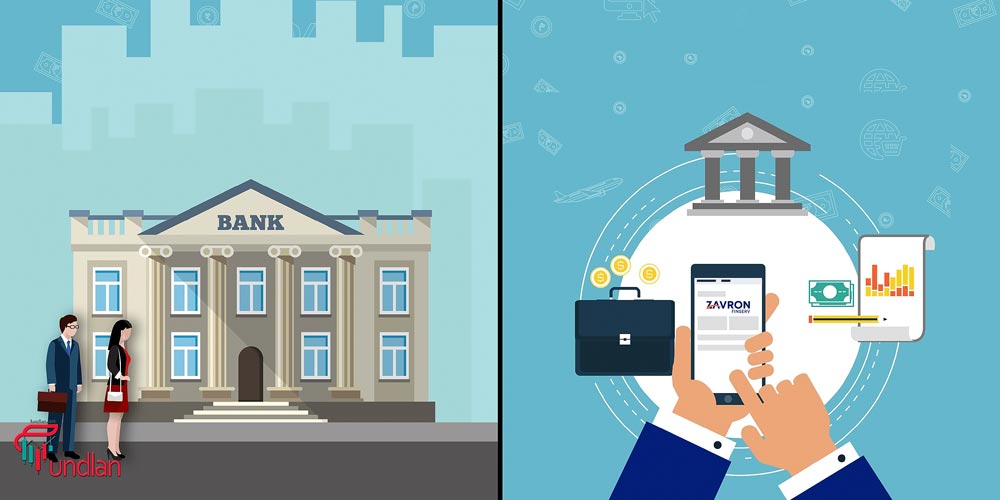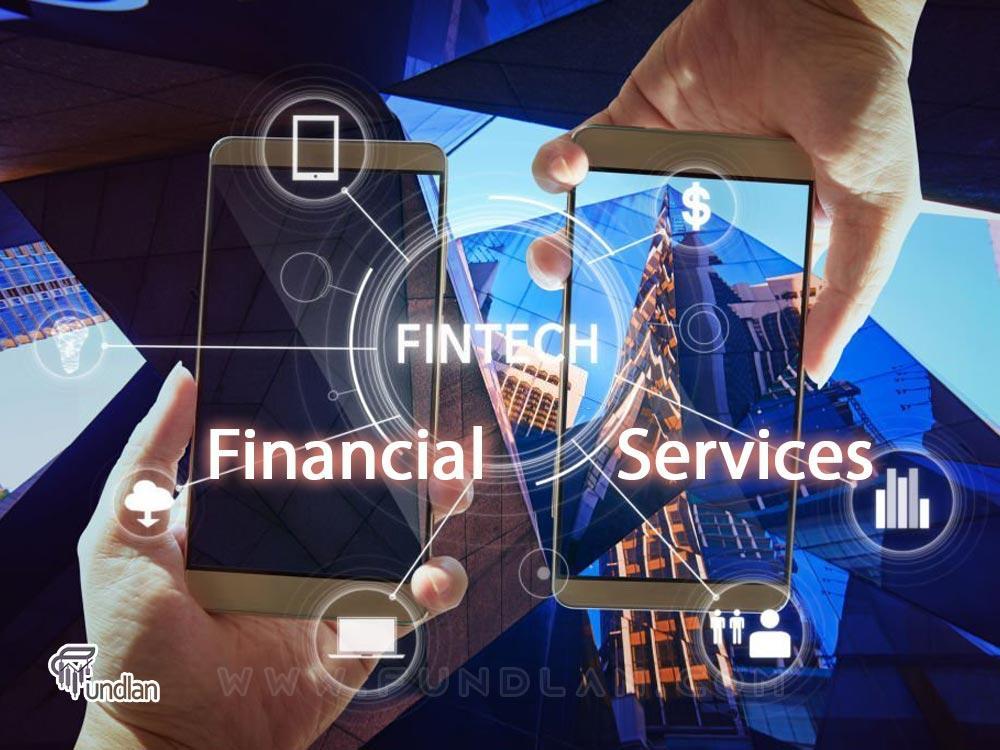We will explain the difference between financial services and fintech and see which one is about to dominate the financial domain and why.
You must become acquainted with the lingo of the industry you are studying if you want to understand it, a good example being the difference between financial services and fintech. The terminology is there to assist you in communicating ideas as quickly and effectively as possible and not to confuse or frustrate you.
Common terms have changed due to the union of finance and ever-expanding technology. Any enthusiast or expert in the field of finance should be familiar with the terms “Finserv or Financial services” and “FinTech.” Although there are significant differences between these words, they are occasionally used interchangeably.
Although they sound identical, certain aspects show that two distinct terminologies must be utilized in their context. Let’s first grasp the meanings of the two terms separately before examining the difference between financial services and fintech.
What is Finserv?

“Financial services” are referred to as Finserv. The term “financial services” refers to the economic solutions offered by the financial sector, which includes a wide range of businesses that handle money, including credit unions, banks, credit card companies, insurance firms, accounting firms, consumer finance firms, stock brokerages, investment funds, individual asset managers, and some government-sponsored enterprises. In essence, a Finserv company is any business that provides financial services.
A little history lesson would also be beneficial to understand the difference between financial services and fintech. The Gramm-Leach-Bliley Act of the late 1990s, which allowed many kinds of corporations operating in the U.S. financial services industry to combine, contributed to the word “financial services” becoming increasingly common in the country.
Companies typically take one of two different stances toward this emerging business model. One strategy would be to purchase an investment bank or insurance company, preserve the obtained company’s original branding, and add the purchase to its holding company to broaden its revenue streams. Non-financial services businesses are allowed within the holding company outside the United States (for instance, in Japan).
In this case, every business still appears autonomous and has its clients. In the alternative approach, a bank would establish its own brokerage or insurance section and try to market those goods to its current clients, offering incentives for integrating all items into one organization.
Financial services are a solution made by sectors to manage companies managing money.
What is Fintech?
The word “fintech,” which combines the terms “financial” and “technology” in English, refers to cutting-edge technologies that aim to automate and enhance the use of financial products and services. Consequently, a fintech organization uses an advanced and modern digital technological solution to optimize a financial service.
These technologies are aimed at enhancing consumer access to financial services and include using cell phones for mobile banking, investing, borrowing, and cryptocurrencies. Fintech firms are made up of new and established financial institutions and technology enterprises that aim to compete with or improve upon the use of the financial services offered by traditional financial firms.

Insurtech or insuretech companies are a subgroup of fintech companies that target the insurance market. So far, you have probably realized the main difference between financial services and fintech: in the rest of the article, we try to go into more detail on this matter.
The main goal of fintech is to deliver banking and financial services that are more practical and productive than those provided by conventional commercial banks or other fin-serv organizations while also being less costly.
Big data, cloud computing, blockchain technology, and artificial intelligence are known as the “ABCD” (four essential elements) of fintech.
Financial organizations can better understand their clients using AI algorithms to provide information on purchasing behavior. Another AI-driven solution that banks are beginning to adapt to help with customer care is chatbots.
Fintech tries to reduce costs imposed on the banking system.
Big data can develop new tactics and portfolios, study consumer spending patterns, enhance fraud identification, and develop marketing plans by predicting client investments and market developments.
Robotic process automation (also known as RPA) is a branch of A.I. that tries to automate some particular repetitive processes. RPA facilitates the faster and frequently more accurate processing of financial data, including accounts payable and receivable.
Blockchain is one of the new financial technologies that has enticed considerable investors from large companies. Blockchain’s decentralized structure can do away with an intermediary’s need to carry out transactions.
Differences between Fintech and Finserv

Now let’s find out about the difference between financial services and fintech. In the following, some of the most important points are brought up.
Innovative
Finserv businesses have existed for a very long time. They both use tried-and-true economic strategies that are comparable. For instance, only a few features set one bank apart in how they function. FinTech companies, however, are regarded as novel and innovative.
These businesses are far more creative and seek to do business uniquely using modern technologies. For instance, there has been a lot of activity in the payments sector from new FinTech start-ups. You can use these start-ups to make digital payments without carrying cash or using your smartphone or a debit or credit card. This is just one example of how Fintech firms transform the financial industry.
Expandable
A FinTech company aims to offer its services to neglected groups and regions. These companies can access people that traditional Finserv cannot because they use the internet and cell phones. Due to the widespread use of smartphones in the modern era, FinTech companies may reach a sizable portion of the population with their services. FinTech start-ups can expand their activities rapidly and may even achieve significant growth rates in a relatively short period because the cost of gaining a new client is fairly low.
Online
A FinTech company’s procedures are carried out digitally, a crucial difference between financial services and fintech. There is no requirement for a physical presence since customers can engage with these businesses purely online.
For example, traditional Finserv businesses could demand that you visit their main or branch offices to conduct business with them. However, a FinTech company has the tools that let you handle your business with them via a website or an app. When working with a FinTech company, waiting in line at an office is unnecessary.
Reduced Costs
As opposed to Finserv enterprises, FinTech start-ups can offer their services at significantly lower prices thanks to the falling cost of digital infrastructure. Many FinTech businesses even provide a sizable percentage of their services without charging you.
Is Fintech part of Financial Services?

Well, not really. It is meant to be the improved and digitalized version of traditional financial services, and that is supposed to be the difference between financial services and fintech.
At its foundation, fintech uses advanced software and algorithms that are employed on computers and, increasingly, smartphones to assist businesses, business owners, and individuals in better managing their financial operations, procedures, and lives. Robo-advisors, payments apps, peer-to-peer (P2P) lending apps, investment applications, and crypto apps are a few examples of fintech services.
Conclusion
The difference between financial services and fintech should be pretty obvious to you by now. The term “fintech” refers to modern technology that facilitates and simplifies the provision of financial services.
It focuses on creating a seamless consumer experience through practicality, usability, personalization, and accessibility. wider market distribution of technical trends and breakthroughs is great enough to convince any investor.
Finserv, on the other hand, refers to financial organizations that have the necessary licenses to carry out specified financial operations and offer consumers their services using old-fashioned ways. They concentrate on security and the management of financial risks, which limits their market reach.
Every financial institution will eventually transform into a FinTech business. For businesses that are open to utilizing new technologies to deliver better services, the future looks promising. As even established firms adopt FinTech features, the boundary between Finserv and FinTech may soon become irrelevant.

